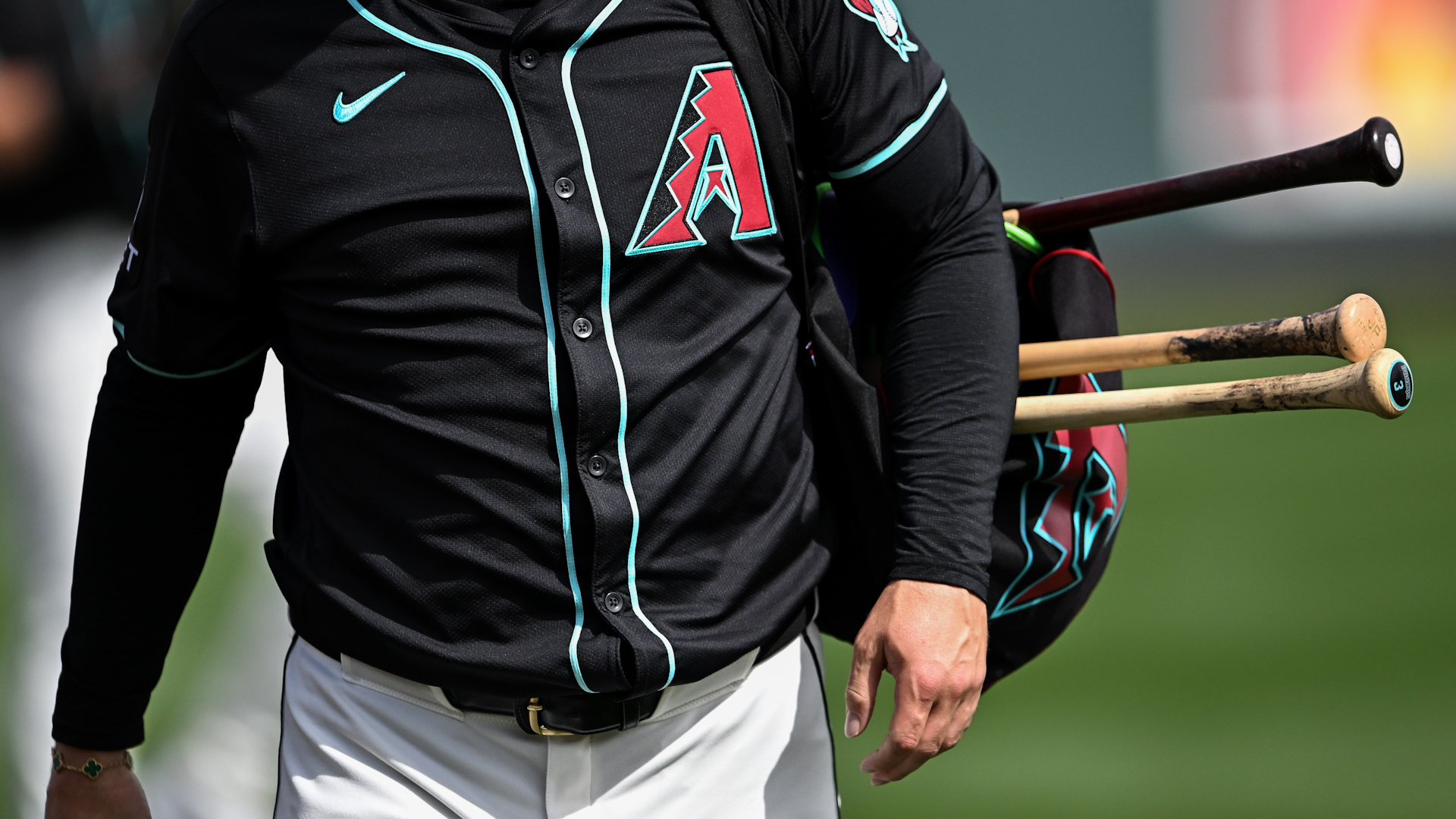Anyone who really pays attention to the way the Eagles operate wasn’t worried about the DeVonta Smith contract situation. They knew it wasn’t going to be an issue.
Because that’s just what the Eagles do.
They make it a priority to sign their homegrown talent to contract extensions well before they’re up against free agency. It’s an Eagles philosophy that pre-dates Howie Roseman’s run as general manager but one he has clearly adopted.
Stay in the game with the latest updates on your beloved Philadelphia sports teams! Sign up here for our All Access Daily newsletter.
The Eagles did it again with Smith with two years to spare.
On Monday, they picked up Smith’s fifth year option and agreed to terms on a three-year, $75 million extension through the 2028 season. It basically becomes a four-year, $91 million deal.
However you want to spin it, it’s good business.
The Eagles locked up another one of their homegrown cornerstones to a long-term deal. In an offseason where Roseman grabbed headlines by signing free agent running back Saquon Barkley to a top-of-the-market deal, the Eagles’ general manager would probably tell you the most important thing they’ve done this offseason is extend their own key players who weren’t even free agents.
News
In addition to the Smith extension, the Eagles also extended left guard Landon Dickerson, left tackle Jordan Mailata, safety Reed Blankenship and kicker Jake Elliott all before they needed to. Dickerson, Blankenship and Elliott all had one year left on their deals, Mailata had two years left and Smith had one year and that fifth-year option.
While the philosophy of extending players early dates back to the days of Joe Banner and Andy Reid, Roseman has carried the torch. Free agency can certainly supplement a roster, but some disastrous seasons have shown why it’s not wise to build mainly through high-priced free agents.
Here’s what Roseman said about that at the 2016 NFL Combine after being put back in charge of personnel following his year away:
“One of the benefits for me this year, one of the many benefits, was getting some perspective of what we had done, what I had done, what other teams had done. And that goes into making sure you take care of your own, sign the guys that you know, that you’re familiar with, and the history of being really aggressive in free agency.
“There are spots where you have to take every opportunity to improve your team with free agency, trades, but at the end of the day, your draft picks are really the guys you want to sign to their second contracts and go from there.”
Of course, in order to extend your good homegrown talent, you have to draft well and that’s not always easy. But when the Eagles do hit on a draft pick, they’re going to get that player to a second contract.
Think about it: When’s the last time a really good Eagles draft pick finished out his rookie contract and left on the open market? Heck, most of the time they don’t even get near free agency.
So what are the advantages to getting these extensions done early?
Well, there’s a definite leap of faith on some of them. And because of that, they don’t all work out. The Carson Wentz contract is a perfect example.
The advantage is that through projection the Eagles are able to get contracts that might appear to be expensive at the time, but based on inflation — as the salary cap continues to rise — often end up being team-friendly. Take this Smith extension for example: $25 million per season sounds like a lot of money for a guy who was 20th in the NFL in receiving yards in 2023. But Smith is still an ascending player and the Eagles were able to get this deal done before the market gets reset by guys like Justin Jefferson and CeeDee Lamb.
So, sure, it might sound like an awful lot of money to pay Smith, but there’s a very good chance this deal ends up working out very well for the Eagles. It’s a good bet.
And it just makes way more sense to pay players with whom you have familiarity. Free agency is generally overpay territory anyway and you’re giving that money to a player you don’t know as well. If the Eagles drafted a player and have had them in their building for three or more seasons, they should have a better sense of who that player will be once he becomes extremely wealthy.
It also builds a strong culture in the building. Players know that if they perform well, the team is going to make an effort to keep them around.
Paying guys early is a tactic you’d assume all teams in the NFL use but that’s just not the case.
OK, so then why would the player agree to a deal a year or two before free agency? Especially because there’s a good chance their price tag would continue to rise closer to the end of their deal?
Well, there are a lot of zeros on the check. For a guy who is playing on a rookie contract, the chance to get some significant, life-changing money — plenty of it in a signing bonus immediately — is hard to turn down. And it also puts the risk back on the team. If a player is in the final year of his deal and gets hurt, there’s a good chance it’s going to hurt his free agency market.
In many ways it’s a win-win for player and franchise. Of course, it takes an owner or ownership group with deep enough pockets and a willingness to dole out cash up front. In a league designed to favor parity, Jeffrey Lurie is always looking for an advantage and this is one that not every team uses.
This strategy also requires some job security from the general manager and Roseman clearly has that. It takes a GM who is willing to think about future years just as much as the current one.
In a week and a half, the Eagles will draft players they hope will become cornerstone players. We don’t know whether or not they’ll hit on those picks.
But if they do … those players aren’t going anywhere for a long time.
Subscribe to Eagle Eye anywhere you get your podcasts:
Apple Podcasts | YouTube Music | Spotify | Stitcher | Art19 | RSS | Watch on YouTube


